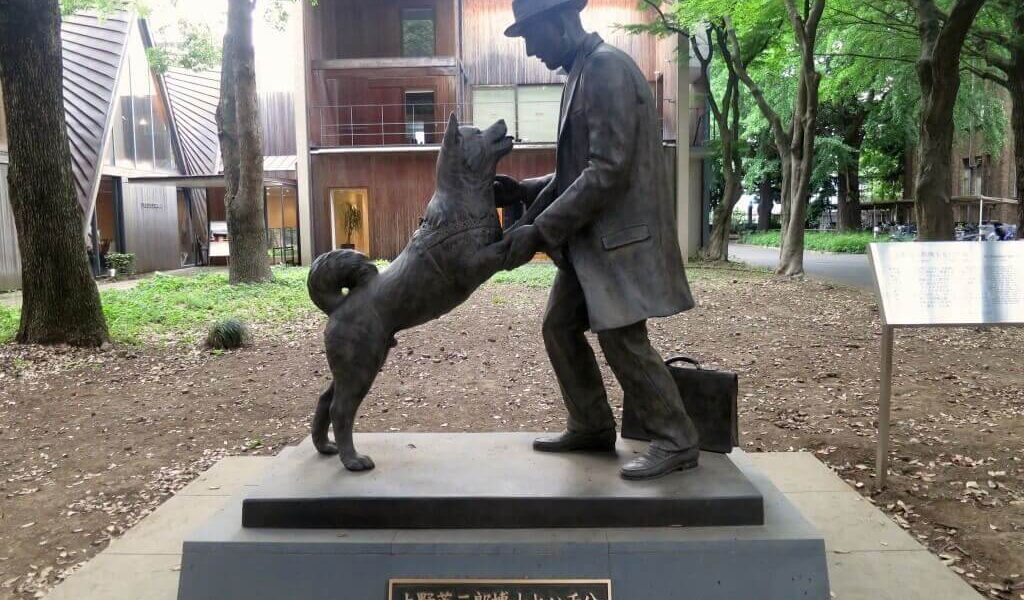Hachiko Sakuma: The Legacy of Loyalty and Its Cultural Impact

Introduction
When people hear the name “Hachiko,” most immediately think of the legendary Akita dog who waited every day at Shibuya Station in Tokyo for his deceased owner. However, the name Hachiko Sakuma has also emerged in conversations among cultural historians and animal lovers. While not as universally known as the Shibuya Hachiko, Hachiko Sakuma represents a broader narrative about loyalty, memory, and human-animal relationships.
In this article, we will explore who Hachiko Sakuma was, the cultural meaning attached to the name, and how the legacy of loyalty continues to influence societies worldwide. We will go beyond the surface to understand what makes this figure, whether literal or symbolic, a timeless representation of devotion.
The Origin of the Name Hachiko
To understand Hachiko Sakuma, we first need to revisit the story of the original Hachiko. Hachiko was born in 1923 in Odate, Akita Prefecture, Japan. He belonged to Professor Hidesaburo Ueno, who worked at the University of Tokyo. Every day, Hachiko would accompany his owner to Shibuya Station and wait for him to return. Tragically, Professor Ueno passed away suddenly in 1925 while at work. Hachiko continued to wait at the station every day for nearly ten years until his own death.
The story of Hachiko captured the hearts of millions and became a national symbol of loyalty in Japan. Statues, movies, and literature have since immortalized this Akita dog’s incredible faithfulness.
Who is Hachiko Sakuma?
While less documented, the term Hachiko Sakuma has surfaced in different storytelling contexts and cultural analyses. Some researchers suggest that Hachiko Sakuma may refer to a symbolic or expanded narrative that builds on the original Hachiko’s legend. The surname “Sakuma” could either relate to a family name in Japan or be used to distinguish this narrative from the original.
In some interpretations, Hachiko Sakuma represents a broader archetype of loyalty in Japanese folklore and literature. This version of Hachiko is said to have inspired various works of fiction and community projects aimed at promoting kindness, loyalty, and social responsibility.
Hachiko Sakuma in Modern Storytelling
Many writers and filmmakers have drawn inspiration from the legend of Hachiko and adapted it into different cultural contexts. Hachiko Sakuma often appears as a fictionalized or modernized version of the original dog, placed in settings ranging from rural Japan to bustling urban environments. These adaptations aim to explore how loyalty manifests in different social and emotional situations.
For example, some community theater productions in Japan have featured a character named Hachiko Sakuma, portraying the struggles of loyalty in a world that is constantly changing. These stories often serve as educational tools to teach younger generations about the value of commitment, whether to family, friends, or society as a whole.
Cultural Significance of Loyalty in Japan
The theme of loyalty is deeply rooted in Japanese culture. From the samurai code of Bushido to traditional family values, loyalty has long been considered a virtue. The story of Hachiko, and by extension Hachiko Sakuma, serves as a modern reminder of this cultural ideal.
In schools, children often learn about Hachiko’s story as part of their moral education. Statues and monuments dedicated to Hachiko can be found not only in Tokyo but also in his birthplace, Odate. These symbols serve as public reminders of the importance of loyalty and the impact that one life—human or animal—can have on society.
Hachiko Sakuma’s Broader Influence
Beyond Japan, the story of Hachiko and its variations like Hachiko Sakuma have inspired people around the world. Movies like “Hachi: A Dog’s Tale,” starring Richard Gere, brought the legend to a global audience. Animal welfare organizations have also used Hachiko’s story to promote pet adoption and responsible animal care.
In literature, the character of Hachiko Sakuma has appeared in novels and short stories that explore themes of loyalty, loss, and human connection. These works often use the character as a metaphor for the enduring human need for companionship and trust.
Educational and Social Projects
Several community initiatives have adopted the name Hachiko Sakuma for educational and social projects. These programs aim to instill values of loyalty, kindness, and social responsibility in young people. Workshops, school visits, and public lectures often include discussions about the story of Hachiko and its modern interpretations.
These projects help bridge the gap between historical storytelling and contemporary social issues, making the values represented by Hachiko Sakuma relevant in today’s world.

Frequently Asked Questions (FAQs)
Who is Hachiko Sakuma?
Hachiko Sakuma is a name used in various cultural and storytelling contexts to represent loyalty and devotion, inspired by the original story of Hachiko, the Akita dog from Japan.
Is Hachiko Sakuma a real dog?
There is limited documentation suggesting Hachiko Sakuma was a real dog. The name is more often used symbolically or in fictional narratives that expand on the legend of the original Hachiko.
What is the connection between Hachiko and Hachiko Sakuma?
Hachiko Sakuma is considered an extension or variation of the original Hachiko’s story, often used in literature, theater, and educational programs to teach values like loyalty and kindness.
Why is the story of Hachiko so important in Japan?
Hachiko’s story exemplifies the Japanese cultural value of loyalty. It serves as a national symbol of devotion, often used in educational and cultural programs to inspire people.
How has Hachiko Sakuma influenced global culture?
The story has inspired movies, books, and social campaigns worldwide, promoting values of loyalty, kindness, and responsible animal care.
Conclusion
The name Hachiko Sakuma may not be as universally recognized as the original Hachiko, but it carries a powerful legacy that continues to inspire people across generations and cultures. Whether viewed as a literal figure, a symbolic character, or a narrative tool, Hachiko Sakuma represents the timeless human values of loyalty, devotion, and compassion.
As we move forward in a fast-paced, ever-changing world, stories like that of Hachiko Sakuma remind us of the importance of standing by those we care about, even in the face of adversity. This legacy of loyalty will undoubtedly continue to influence literature, education, and social values for years to come.




